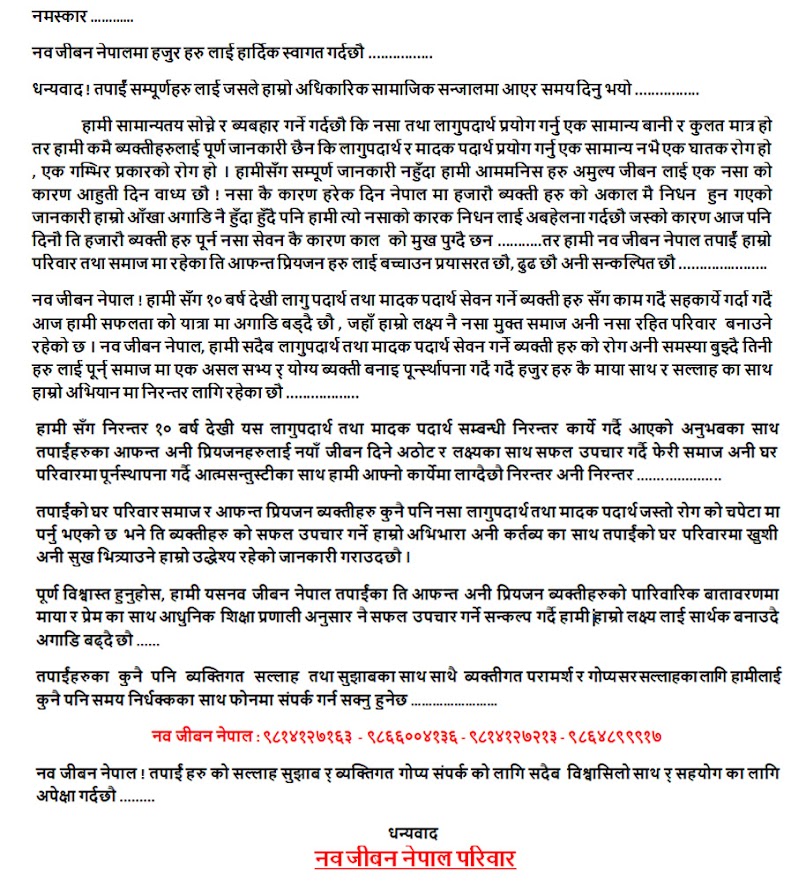In the age of digital connectivity
and technology, our smart phones have become an integral part, giving us access
to a vast digital world at our fingertips. However, along side their advantages,
they’ve also given rise to a new concern: social media addiction. As the lines
between virtual and real-life blur, the impact of excessive use of social media
is becoming increasingly evident.
The Temptation of Social Media
Social media platforms offer plenty of benefits, but they are designed
to be addictive. With their endless scrolling features, personalized contents,
notifications, they attract users’ attention, often leading to excessive usage.
The compelling attraction of likes, comments, and share kindles a dopamine rush,
strengthening the behavior and rendering it challenging for people to
disconnect.
Mental Health Impacts
What often goes unnoticed
are the effects of this social media obsession on our mental well-being. Behind
the glossy filters and perfectly organized feeds lie feelings of comparison and
validation. Research has shown that excessive use of social media has increased
the feeling of anxiety, depression, and loneliness. Moreover, the fear of
missing out can induce stress and a constant need to stay connected, further
escalating the addiction.
Strained Connections
Our social media addiction
can strain our real-life relationships. Excessive screen time can diminish our
face-to-face interactions, leading to feelings of isolation and disconnection. In
the pursuit of virtual connections, we risk losing sight of real-life moments,
where individuals prioritize their phones over spending quality time with loved
ones, leading to feelings of neglect and resentment.
Impact on Productivity
Social media addiction is
the significant productivity killer. The incessant urge to check social media
notifications and scroll through feeds interrupts focus and concentration. The
constant stream of information pulls us away from the present, leaving us
feeling overwhelmed and disconnected from ourselves. The distraction of our
smartphones can impede focus and concentration, resulting in decreased efficiency
and quality of work.
Breaking The Cycle
Breaking free from the grip of social media addiction isn't easy, but
acknowledging and addressing it is the first step towards reclaiming control
over our digital lives. Here are some strategies to break free from it’s grasp:
·
Set
Boundaries: Establish realistic
boundaries around your social media use and stick to them. Consider using apps
or built-in features to limit screen time and track the usage and enforce
restrictions.
· Embrace Real-life Connections:
Invest time and effort in meaningful relations offline. Dedicate time to
activities that don’t involve screens, such as exercising, reading, engaging in
face-to-face interactions, scheduling regular catchups with friends, or simply strolling
around.
· Practice Mindfulness: Be
mindful of your digital behavior. Notice how social media makes you feel and
the impact it has on your mood and productivity. Mindful engagement can help
break the cycle of compulsive scrolling.
· Seek Support and Understanding: If social media addiction is significantly impacting your mental health and daily functioning, don’t hesitate to seek support from friends, family, or professionals. Support groups and therapists can provide guidance and resources to overcome digital addiction.
While mobile phones and social
media have undoubtedly transformed the way we connect and communicate, it’s
addictive nature cannot be overlooked. By recognizing the impact of social
media addiction and implementing proactive strategies to address it, individuals
can regain balance, rediscover the joy of genuine human connections, and live
with purpose in the digital world. Thus, it’s not about abandoning technology
but rather finding harmony in our relationship with it.

















